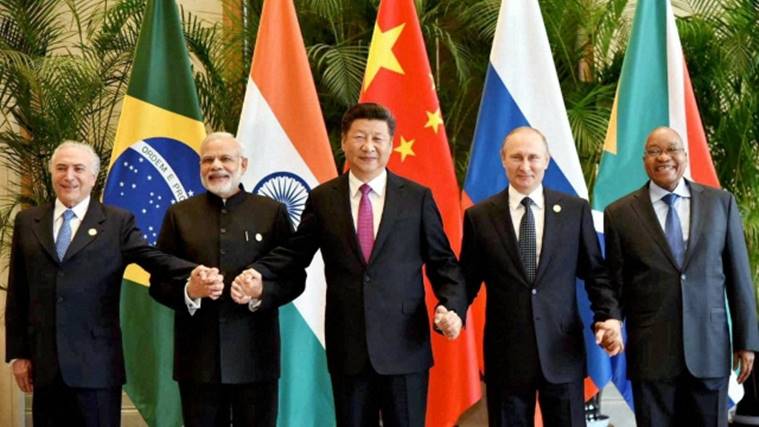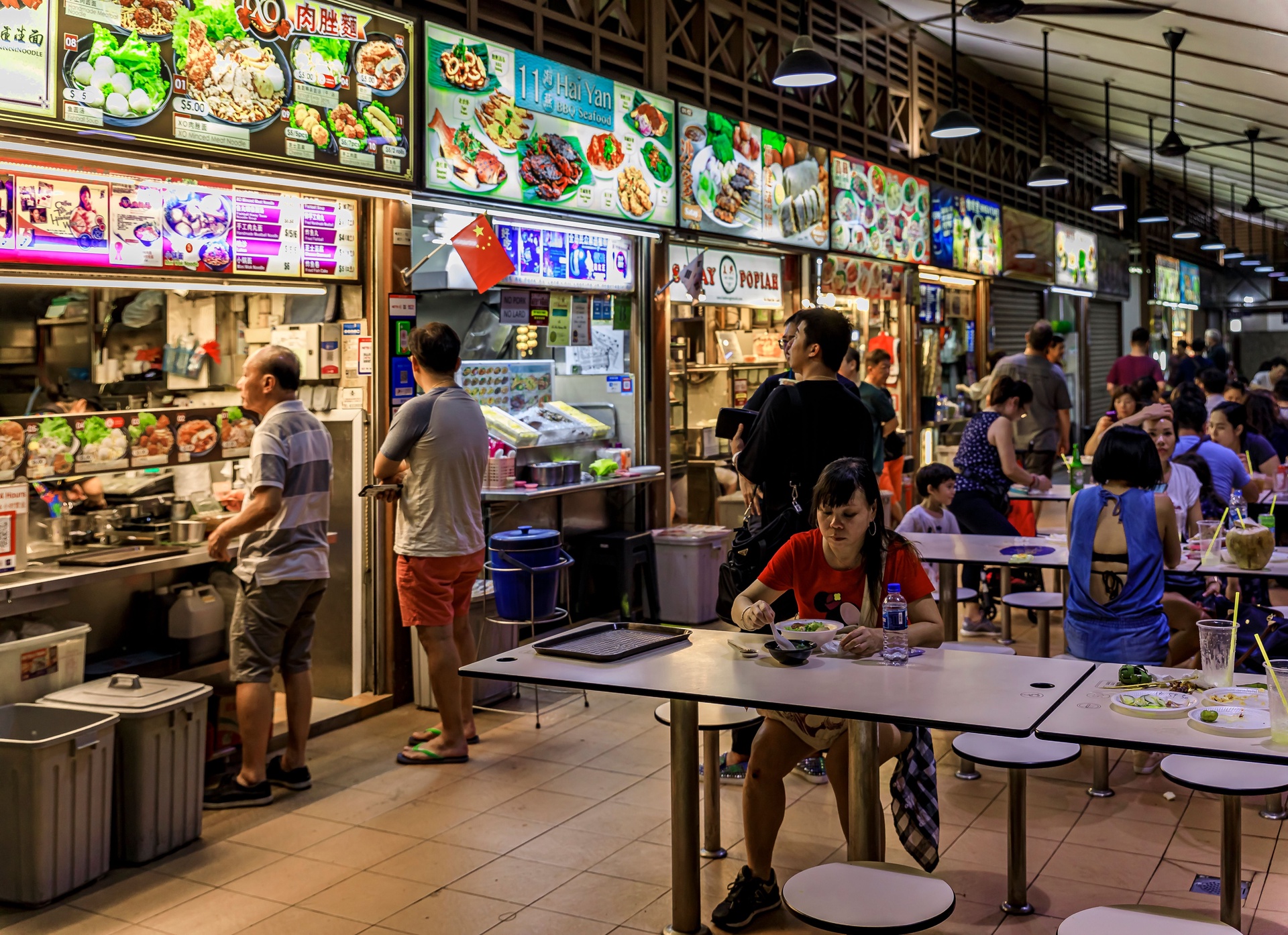

With the rise of US protectionism, Chinese president Xi Jinping is pushing the country’s regional trading partners particularly the BRICS (Brazil, Russia, India, China, South Africa) countries to take a leading role in driving the world’s economic growth.
As the leading player in BRICS and also the second largest economy in the world, China has been expanding its global reach to emerging countries, at the same time as the US retreats towards protectionism and the “America first” policy of president Donald Trump.
In a keynote speech over the weekend during the 2017 BRICS summit attended by Russian president Vladimir Putin, Indian prime minister Narendra Modi, Brazilian president Michel Temer, and South African president Jacob Zuma, Xi hailed the strong growth of the BRICS countries but also acknowledged the challenges they face. The three-day summit, which begun September 3, is being held in Xiamen and is the second time China has hosted the summit since 2011. At that time it was hosted by former president Hu Jintao.
“In recent years, thanks to our strengths in terms of commodities supply, cost of human resources and international market demand, our five countries have driven global growth. As our five economies continue to grow, however, issues concerning resources allocation and industrial structure have become more acute,” Xi says.
For the past ten years, GDP of the five economies grew by 179% and trade increased by 94%, according to Xi. BRICS contribution to global trade has picked up to 16% from 11% in the past decade. It is expected that BRICS will play a larger role, with China’s strong commitment to trade activities with BRICS countries.
Without mentioning the US by name, Xi was critical of protectionism and strongly advocated for continuing global trade. “Only openness delivers progress, and only inclusiveness sustains such progress. Due to sluggish global growth in recent years, such issues as uneven development, inadequate governance, and deficit of fairness have become more acute, and protectionism and inward-looking mentality are on the rise.”
According to Xi, global trade is never a zero-sum game and the law of the jungle is no longer applicable to the new global trade landscape. “The past decade has seen the BRICS countries advancing results-oriented and mutually beneficial cooperation,” Xi says. “Leveraging our respective strengths and converging interests, we have put in place a leaders-driven cooperation framework that covers wide-ranging areas and multiple levels.”
A number of cooperation projects between BRICS have been launched in the past few years. In particular, the New Development Bank and the Contingent Reserve Arrangement have provided financing support for infrastructure building and sustainable development of the BRICS countries. The arrangement is intended to enhance global economic governance and the building of an international financial safety net for BRICS.
Currently, New Development Bank has approved 11 projects including new energy projects and environmental projects, guaranteeing three billion US dollar loans, Yaobin Shi, Chinese vice minister of Ministry of Finance said in a separate press conference.
“BRICS is not a talking shop, but a task force that gets things done. Our goal is to build a big market for trade and investment, promote smooth flow of currency and finance, improve connectivity of infrastructure and build a close bond between the people,” Xi says.
According to Shi, one of the key collaborations between BRICS countries in the next stage will be with respect to PPP (public-private-partnership) projects.
China has been building its influence among the Asian countries over the past few years through its One Belt One Road (OBOR) Initiative aalthough Xi says that the OBOR Initiative was not a geopolitical tool, but a cooperative platform. In 2015, exports to the US accounted for 18% of China’s total exports while exports to belt-road countries reached over US$18 billion, doubling the figure from 2011. “The Chinese government will continue to encourage Chinese companies to operate and take root in other countries, and likewise, we also warmly welcome foreign companies to invest and operate in China,” Xi says.
“There is a popular saying here in southern Fujian, ‘Dedicate yourself and you will win (爱拼才会赢)’, which embodies an enterprising spirit,” Xi says. “With dedication, courage, and ingenuity, we are making great progress in pursuing development in today's China.”









